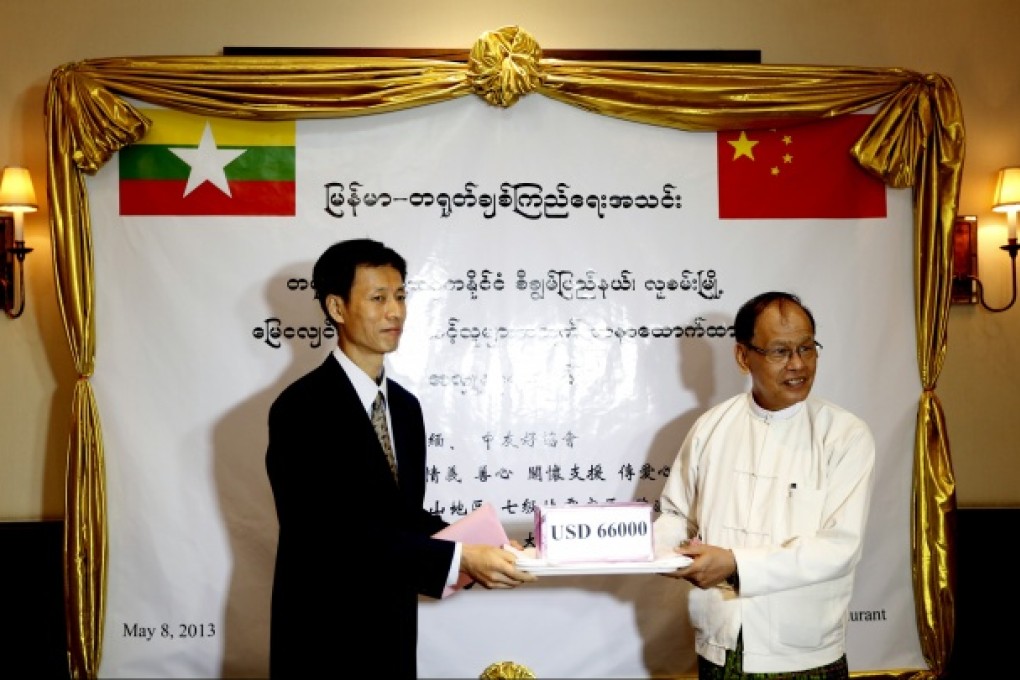China plays double game to protect its interests in Myanmar
Ian Storey says Beijing's aim is to prevent factional fighting along border

According to the defence analysis company IHS Jane's, China recently transferred five large helicopter gunships to the United Wa State Army (UWSA), the 20,000-strong ethnic militia in northern Myanmar.
If the report is true - and both the Chinese embassy in Naypyidaw and the UWSA itself have denied it - it is another indication that China is accelerating efforts to protect its interests in Myanmar.
Conflict between the Tatmadaw and the UWSA would damage Chinese commercial operations
Since President Thein Sein initiated political and economic reforms in 2011, Myanmar's relations with the US and the European Union have warmed considerably. China has viewed these developments with concern, but not alarm. After all, better relations with the West, a more vibrant economy, and greater political pluralism make Myanmar a more stable country. And stability is China's primary interest in Myanmar because of its vast commercial interests and because they share a long and porous border.
In addition, although US, European and especially Japanese companies are eager to expand their operations in Myanmar, Chinese businesses have a two-decade lead; China remains Myanmar's most important economic partner.
Politically, Myanmar's leaders have always shown a high degree of deference towards their giant neighbour, and this is unlikely to change. But China is not being complacent. It has appointed two veteran diplomats to nurture bilateral ties. Yang Houlan is the new Chinese ambassador in Naypyidaw, while Wang Yingfan , China's first special envoy to Asia, will focus on strengthening Sino-Myanmar relations.
The immediate problem facing China is ending conflict between the armed forces of Myanmar - the Tatmadaw - and ethnic separatists along the Sino-Myanmar frontier. Beijing has been angered by what it sees as Naypyidaw's mishandling of the Kachin conflict. In June 2011, the 17-year-old ceasefire between the government and the Kachin Independence Organisation (KIO) collapsed. The escalating conflict not only raised the prospect of thousands of refugees fleeing into China, but also put at risk Chinese businesses in those areas.